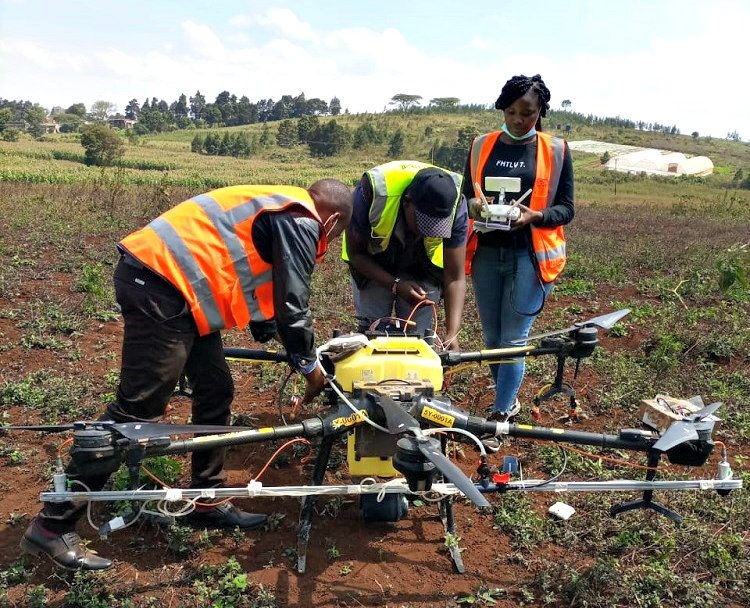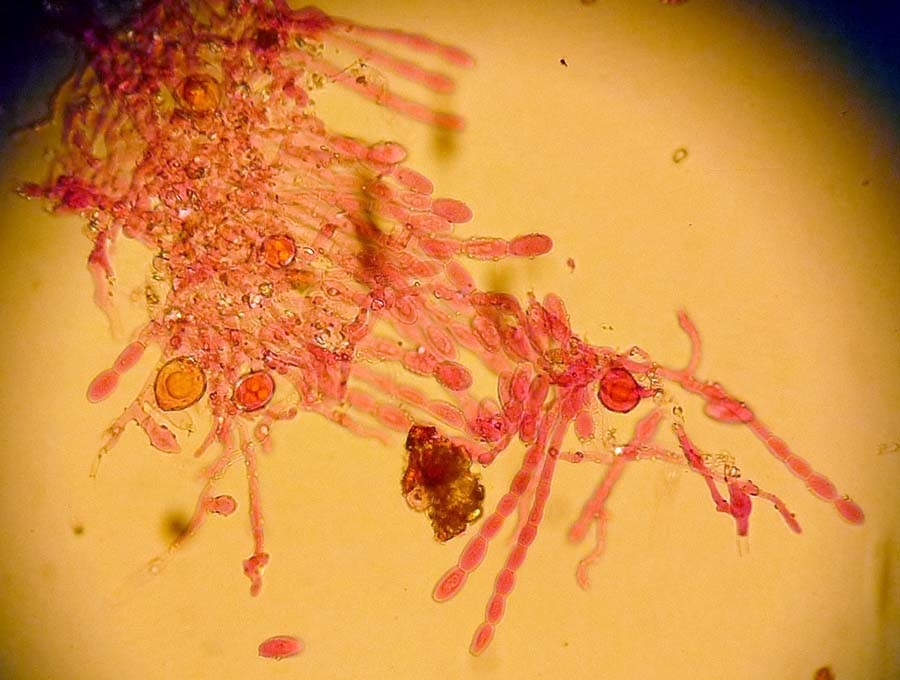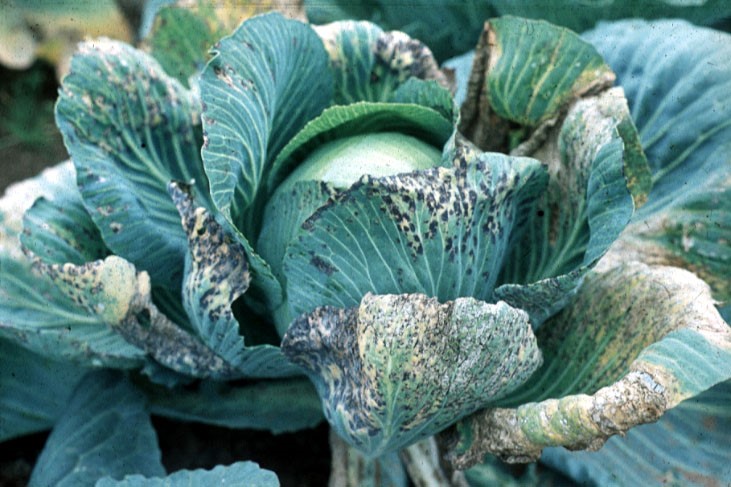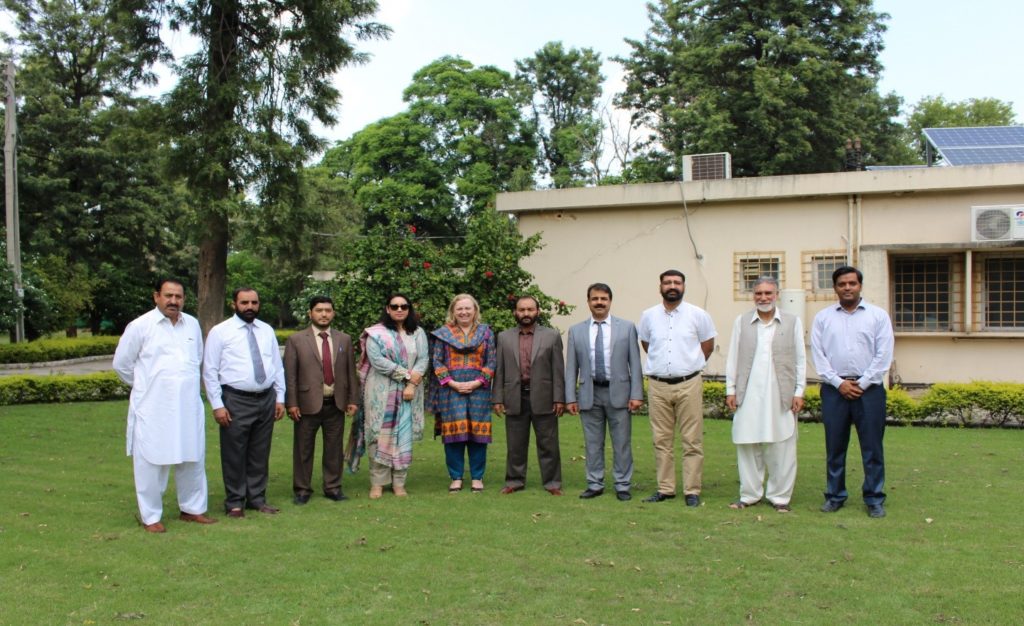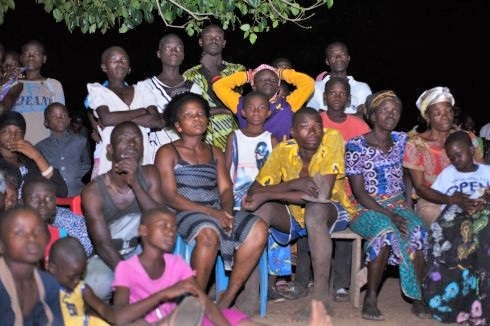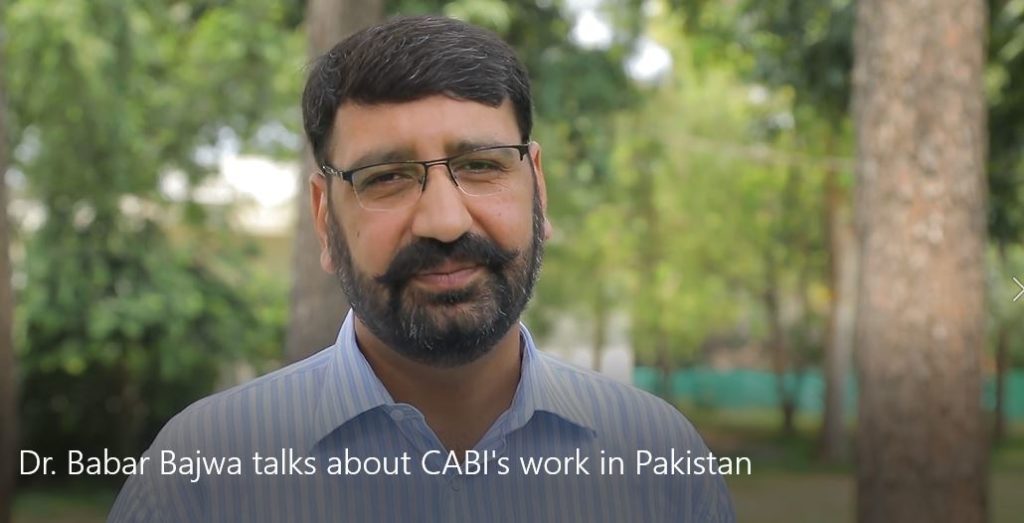Bursary improves cross-CABI collaboration for more effective international development work
A strength of CABI is its work on a global scale addressing global and local problems in agriculture. CABI can rely on its network of experts among various CABI centres, laboratories, project offices in many countries and world regions. To maintain this strength, a CABI Development Bursary was created to aid new experts to visit…
Food for thought: Fungal biological resources to support international development – challenges and opportunities
At first glance it might be hard to see how the exploitation of microbes, especially fungi, can have the power to help humanity meet the UN’s Sustainable Development Goals (SDGs), feed the world’s growing population and improve the bioeconomies of poorer nations. But a team of international scientists from CABI, the Westerdijk Institute and the…
Improving disease resistance in Kenyan crops
By Dr Charlotte Nellis, (NIAB EMR, UK) It is estimated that globally two billion people suffer from deficiencies in essential vitamins and nutrients, termed ‘hidden hunger’. Sub-Saharan Africa has a number of countries that have high levels of hidden hunger, including Kenya, which is ranked 2nd and 17th worst in Africa and the world, respectively.…
CABI hands over Phytosanitary Risk Management Programme (PRMP) to provincial stakeholders in Pakistan
By Umair Safdar, Communication Development Executive, CABI Central and West Asia (CABI CWA), Rawalpindi CABI in Pakistan implemented a USAID/USDA funded project ‘Phytosanitary Risk Management Programme in Pakistan (PRMP)‘ from 2014 to 2019. CABI’s scientific team upgraded the infrastructure at the relevant provincial agricultural departments and strengthened the capacity of Pakistan’s current agricultural system so…
Village-based film screenings prove a popular way to reach and inform farming families in Northern Ghana
Duncan Sones, from the CABI GALA communications team, reflects on the first two years of the soybean campaign in Northern Ghana. In the last two years, there have been 346 village-based film screenings of films made by CABI to show farmers how to grow soybean. Take into account the use of Facebook for a music-based…
Improving smallholder farmers’ livelihoods and food security through insects for feed
By Solomon Agyemang Duah, Communications Specialist at CABI based in Ghana Poultry farming is practised by almost all smallholder farmers in West Africa but feed and in particular protein sources are becoming increasingly expensive thereby, affecting meat and egg production, reducing family incomes and, ultimately, putting food security at risk. Fish farmers are suffering a…
Video special: Dr Babar Bajwa talks about CABI’s work in Pakistan
In this video special Dr Babar Bajwa, CABI’s Regional Director – Central and West Asia, talks about CABI’s work towards helping partners achieve the UN Sustainable Development Goals – including ‘Zero Hunger’ and ‘No Poverty’ – in Pakistan. This includes reaching out to smallholder farmers with expert advice on integrated crop and pest management practices so they are better…
Grasshoppers v Orange Juice: insects have nearly as much antioxidant benefit as popular breakfast drink
By Mia MacGregor, CABI A recent study by Professor Mauro Serafini from University of Teramo, Italy, revealed antioxidant levels in multiple, commercially available insects, which proved grasshoppers, silkworms and crickets to be the highest. Found on every continent except for Antarctica, grasshoppers are a staple in the diets of animals all over the world such…
Embracing change – how family farmers can face the future
This year opens the Decade of Family Farming, which aims to improve the life of family farmers around the world. In an earnest discussion, two leaders in the global agriculture community reflect on the challenges facing family farmers, the promises of high- and low-tech solutions, and their hopes for the future. A conversation between Dr…

